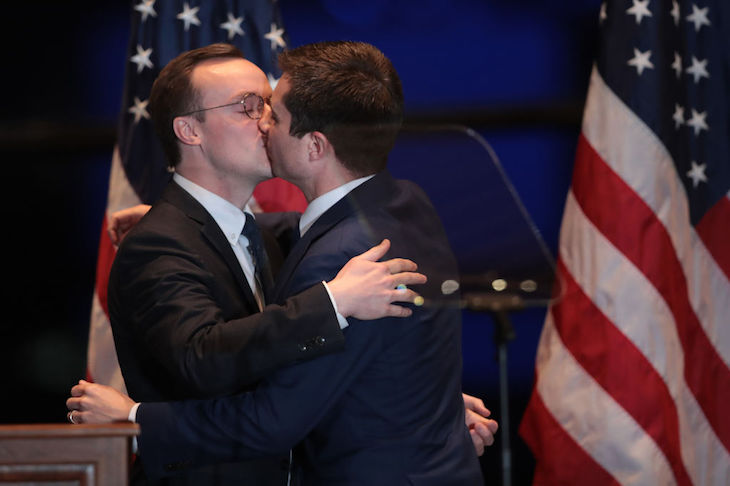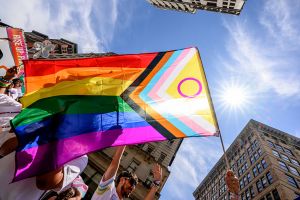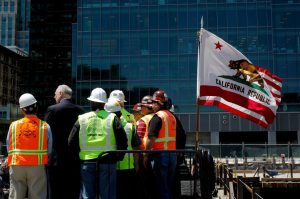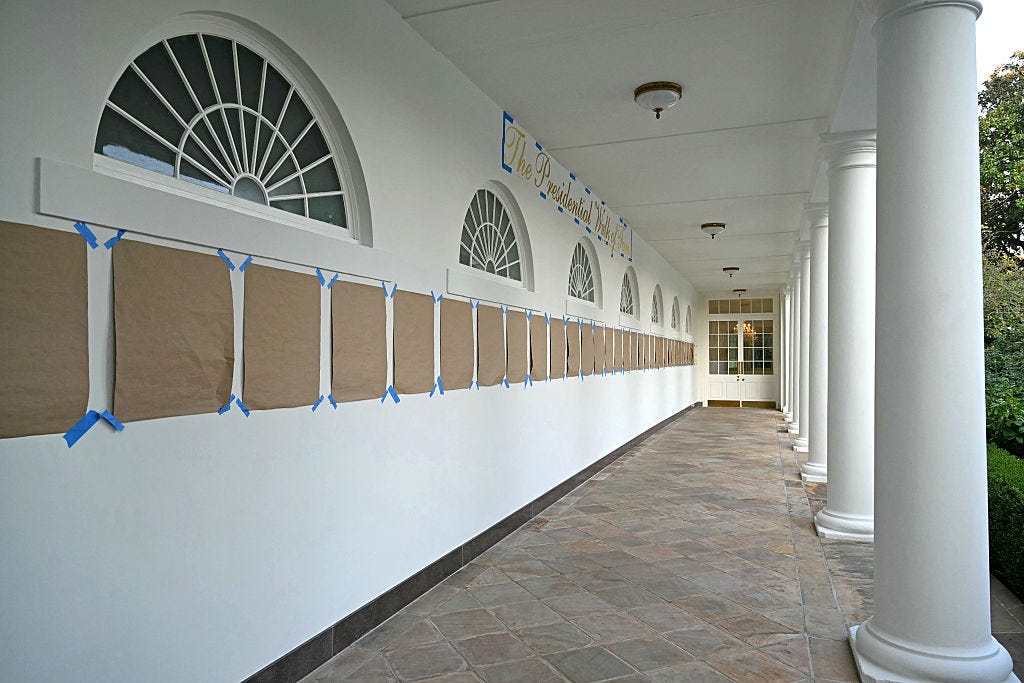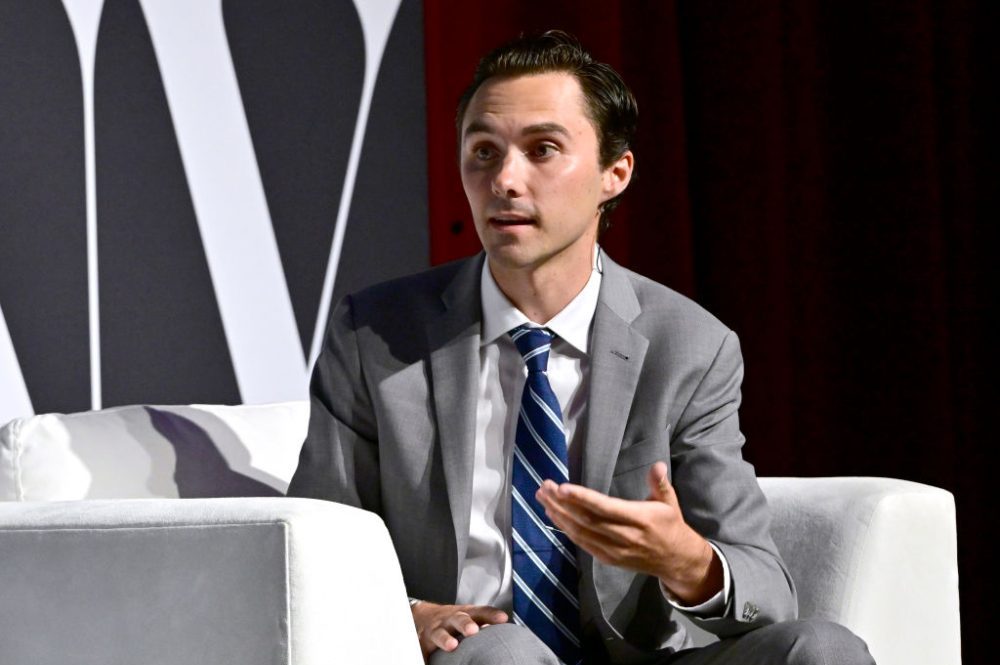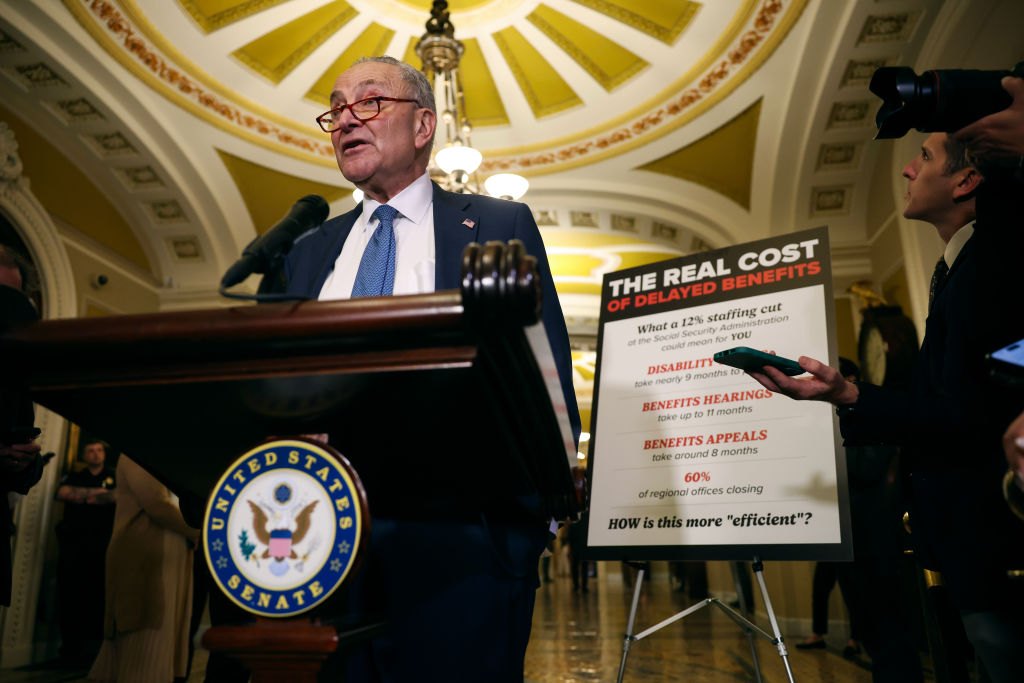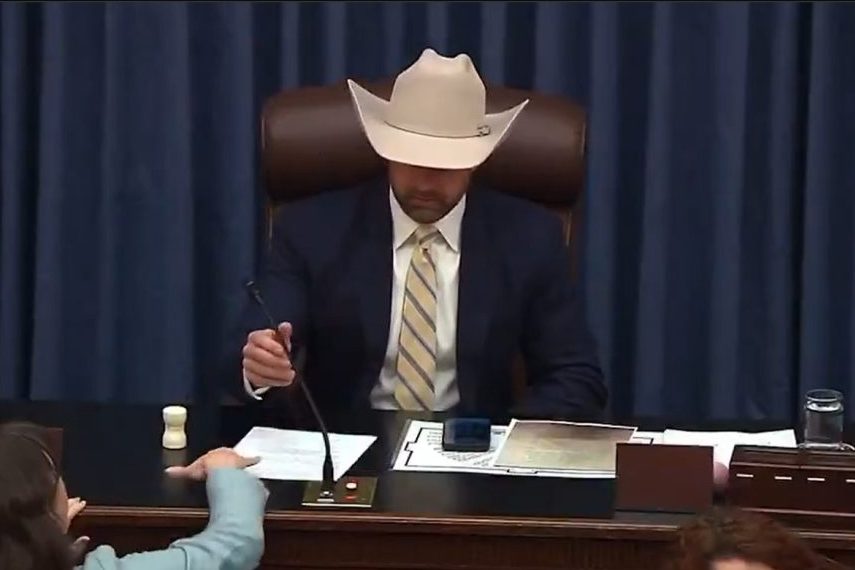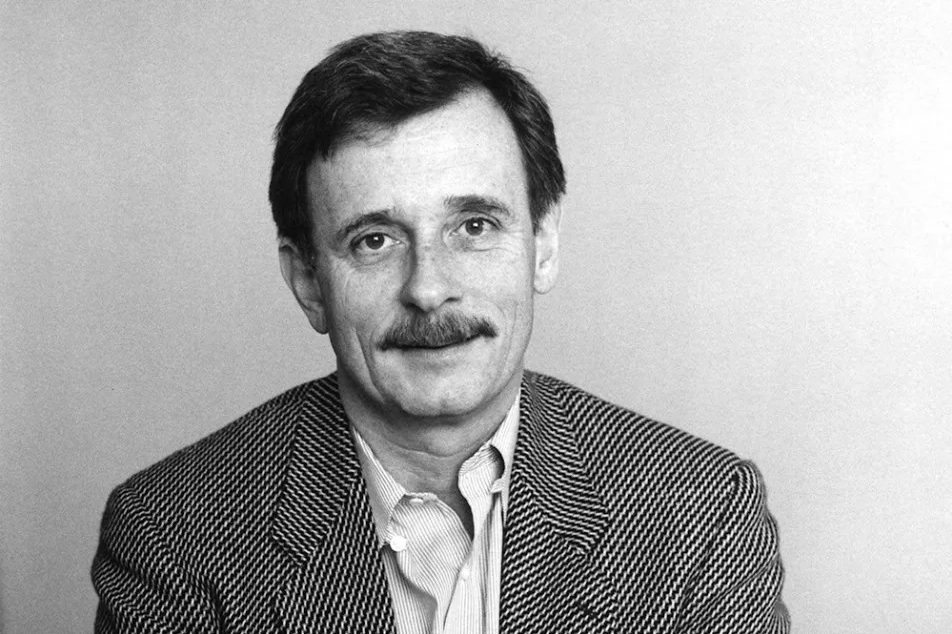As Pete Buttigieg ‘suspends’ (read: ends) his campaign for the Democrat nomination, a few words are in order about the first openly gay presidential candidate from a major party. One of the most remarkable aspects of Buttigieg’s run — unthinkable even a decade ago — is that his homosexuality was more of an issue in the gay press than in the mainstream media. He was somewhat caricatured as a Leave It to Beaver gay: he and his husband Chasten look for all the world like your average middle-class suburban marrieds. They’re chablis and J. Crew sweaters, not marching, chanting heteronormativity-smashers.
This didn’t sit well with the activist gay left. (You know the sort I mean: the ones who’ve turned it into a calling). They wanted a gay presidential candidate but did it have to be this one? Buttigieg was a gay man Middle America could embrace — and even elect president. Can you imagine? A gay in the White House. We didn’t go through all those years of oppression just to give it up that easily.
It’s not just that Buttigieg is embarrassingly (and adorably) normie; his backstory pissed off the gay left. Live your truth and all that but, when it comes down to it, there’s a right and a wrong way to be gay. The right way is hairbrush-miming to Madonna in your childhood bedroom, becoming well-acquainted with the word ‘faggot’ and forging endless notes to get out of gym. The wrong way is passing for straight through Catholic prep, Harvard, a Rhodes scholarship, Oxford, the Navy Reserves and a mayoral election campaign.
And the gay left, being gays and being left, were utterly vicious about Buttigieg’s wrong-way gayness. The literary critic Dale Peck, in a polemic so vituperative the New Republic ultimately retracted it, described Buttigieg as ‘the gay equivalent of Uncle Tom’ and ‘Mary Pete’ and added:
‘The only thing that distinguishes the mayor of South Bend from all those other well-educated reasonably intelligent white dudes who wanna be president is what he does with his dick.’
In assessing the question of whether Buttigieg was ‘gay enough’, the New Yorker’s Masha Gessen concluded:
‘What makes Buttigieg an easy and reassuring choice for these older, white, straight people, and a disturbing possibility for the queer people who seem to be criticizing him for not being gay enough? It is that he is profoundly, essentially conservative. He is an old politician in a young man’s body, a straight politician in a gay man’s body.’
There was even an open letter got up by an outfit calling itself Queers Against Pete, and claiming to be signed by more than 4,000 people, objecting to ‘gaps in Mayor Pete’s platform’ that would ‘fall particularly hard on LGBTQ2IA communities’. These gaps included Buttigieg having no plans to ‘create an alternative to police’, ‘decriminalize border crossing’, or ‘guarantee a job to everyone who needs one’. The letter explained:
‘If we’ve learned anything from our ancestors and transcestors, it’s that we must speak out and act up… [I]t’s important that LGBTQ2IA people demand more from our leaders and from a candidate claiming to be in community with us.’
Ancestors and transcestors.
The Yale academic Greta LaFleur penned an entire essay about a TIME magazine cover depicting the Buttigiegs standing on their front lawn. For LaFleur, their chinos and ‘minimal touching’ made Mayor Pete and his husband ‘a vision of heterosexuality without straight people’.
What did she want him to do? Fist Chasten on stage at the Veterans of Foreign Wars convention?
Some of the animus was because Buttigieg got tagged as a ‘moderate Democrat’, moderate being as ominously dirty among Democrats as it was in the British Labour Party right before Jeremy Corbyn won the leadership. Yet Buttigieg is nothing like the Blue Dog Dems of old. Whether on economics, social issues, or foreign policy, he is a standard-issue liberal. The party has simply gone so far left that a candidate ideologically indistinguishable from Barack Obama was greeted by the rank-and-file like Jesse Helms had risen from the grave and re-registered as a Democrat.
I don’t go in for identity politics — though I think this is the more benign pride-in-your-kind impulse — but Pete Buttigieg’s run for president felt deeply gratifying. It presented like an important moment in the gay story of America, a coming of age for a country in which demagoguing about homosexuals was a key plank of a successful presidential campaign as recently as 2004. His campaign was one you could respect, whatever kind of gay you were, and his victory, had it come, would have felt like a shared one. We made it. It got better.
Pete Buttigieg won’t be president (this time) but this pioneer has done more for the place of gays in American national life than any of his pious detractors. He took the first step. It won’t be the last.



